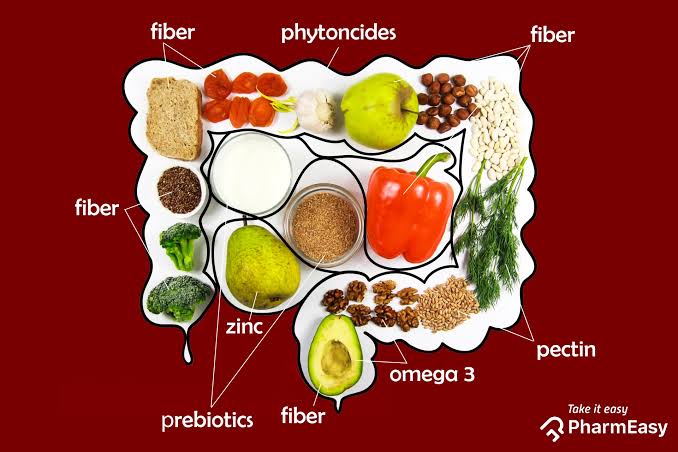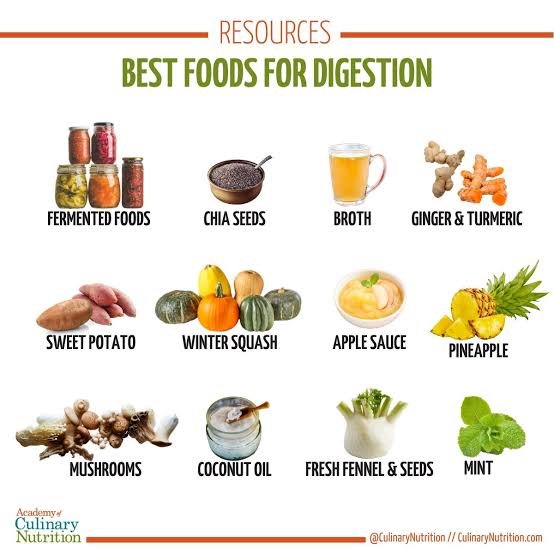- Get link
- X
- Other Apps
JUST IN
- Get link
- X
- Other Apps

What Causes Poor Gut Health?
Digestive issues can have multiple causes, from food allergies or sensitivities to an imbalanced diet. If you’re experiencing abdominal pain, bloating, or any other gastrointestinal symptoms, it could be related to:
Food allergy or sensitivity: Food allergies and sensitivities can trigger multiple digestive issues. Symptoms can vary depending on the condition’s type and severity, but common issues include diarrhea, abdominal pain, nausea, and vomiting.
Celiac disease: Celiac disease is an autoimmune disorder that causes damage to the small intestine when a person consumes gluten. It can impact the body’s ability to absorb nutrients and lead to symptoms like chronic fatigue, diarrhea, constipation, abdominal pain, gas, and bloating.
Imbalanced diet: Your gut needs a variety of nutrients to thrive. Consuming too many foods or drinks high in sugar, artificial sweeteners, saturated and/or trans fats, and animal proteins can contribute to poor gut health and increase the risk of developing certain digestive conditions.
Chronic stress: Over time, high levels of stress can alter microbiota composition in the gut and lead to a bacterial imbalance. Stress can also increase gut motility (the movement of food through the body), resulting in bouts of diarrhea and/or abdominal pain.
Smoking: People who smoke are more likely to experience acid reflux and peptic ulcers. Smoking can also make these conditions harder to treat and increase the risk of developing Crohn’s disease and/or cancers of the digestive organs.
Medications: Certain medications can throw off the bacterial balance in the gut and trigger several digestive symptoms. If you experience digestive issues after starting a new medication, you should discuss your symptoms with your healthcare provider.

How To Improve Your Gut Health
Whether you have a gastrointestinal disorder like IBS or only experience occasional bouts of gas, constipation, or bloating, prioritizing your gut health can go a long way in improving your overall wellness. While a healthcare provider can offer the best advice, the following tips can help you get your digestive health back on track.
Eat a Balanced Diet
Eating the right foods can go a long way in improving your gut health. Limiting foods high in trans-fat, sugar, and salt can help support healthy gut bacteria and reduce the risk of developing certain digestive conditions. If you have a food allergy or sensitivity, try to avoid foods and drinks that trigger your symptoms.
If your diet consists of a lot of fried or processed foods, try swapping them out for foods high in fiber and probiotics. Fiber can reduce constipation and improve bowel transit time, while probiotics support healthy bacteria balance in the gut.

Comments
Post a Comment
Let know your comments